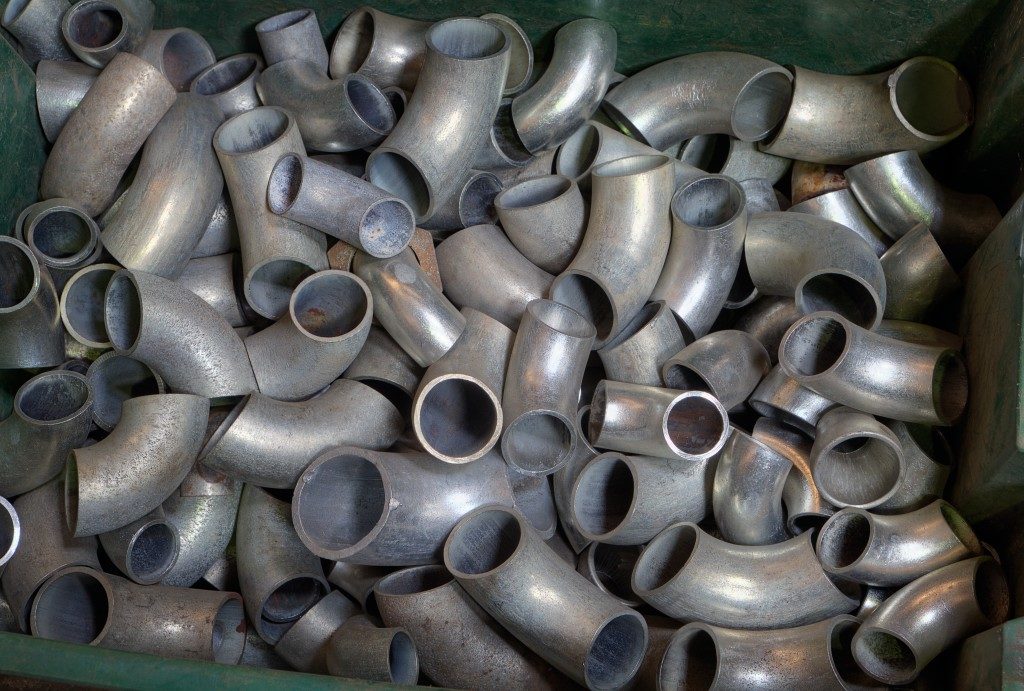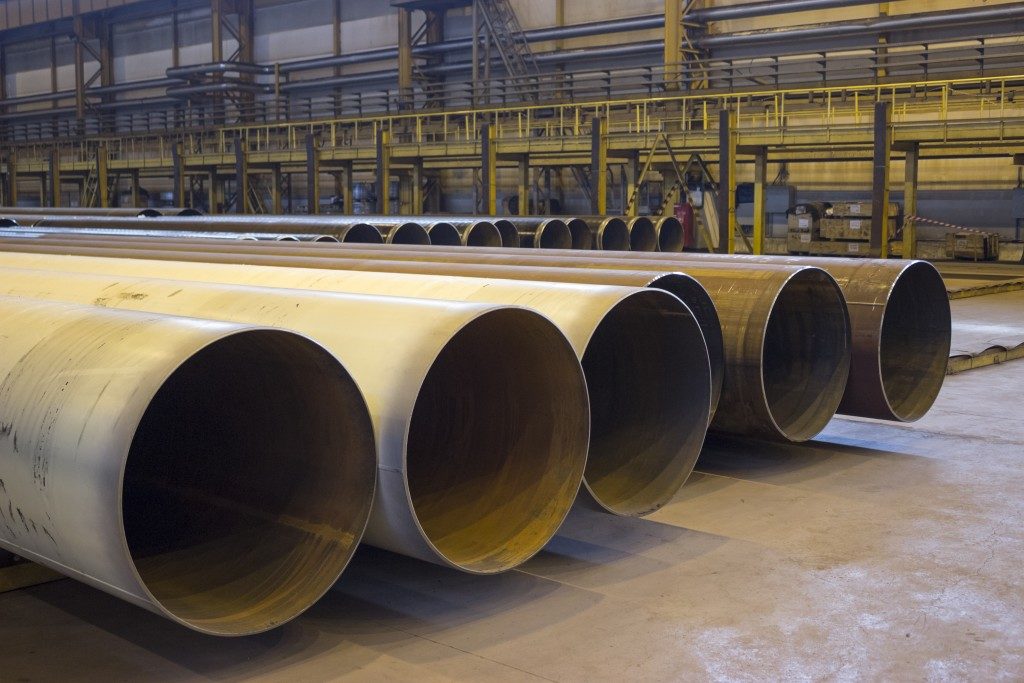With expanding manufacturing processes, contractors have more options suitable for their different needs across the construction industry. Having a clear understanding of the available materials makes you a better buyer. It gives you the ability to examine different types of products and understand their capabilities easily. When dealing with steel pipe installation in Australia, a clear understanding of the material used to make them is essential, as this will affect their functionality and efficacy.
Steel is made up of iron and carbon. Its classification is based on the environmental, chemical and physical properties. When it comes to chemical composition, the amount of carbon and alloy elements in it determines where each type falls in the four major categories and is what gives the different grades their qualities. The four categories include carbon, alloy, stainless and tool steels.
Below are their particulars and appropriate application for pipes made from them:
Carbon steel
This steel type is created by adding carbon to iron. Pipes made from it are easy to work with and quite reliable. Their alloying elements are in low concentrations and few, making the steel cheap. Since it is short of alloying elements, carbon steel is less resistant and, therefore, not appropriate for extreme pressure and high temperatures.
Alloy steel
Alloy steel possesses properties not found in carbon steel. It is made out of different alloying elements which strengthens it and makes it resistant to physical stress and impact. The different combinations enrich the pipes with specific qualities suitable for various uses. Pipes with high amounts of alloys withstand extreme conditions and are appropriate for rough use and extreme weather conditions. Their increased toughness also boosts the pipes’ resistance to corrosion. They are suitable for chemical processing companies and piping industries.
Generally, alloy steel pipes are readily available, economical, and come with excellent mechanical properties that make them easy to use. The steels that make these pipes also respond better to heat treatment than carbon steel.
Stainless steel

Pipes made of stainless steel do not rust. They contain alloys that react to exposure to water and oxygen by quickly forming a layer over it to avoid corrosion. These types of pipes are, therefore, appropriate for industries that require protection from corrosion. They are also appealing to the eyes, making them suitable for professional setups and areas visible to the general public. Stainless steel is appropriate for structural uses, appliances, food handling appliances and medical equipment.
Tool steel
These also go by the name superalloys. They are durable, resistant to corrosion, pliable, tough and maintain their shape in high temperatures. Their qualities come from a high concentration of the alloying elements and heat treatment. Although a little more expensive than the rest, they are appropriate for use in tools such as dies, mold making, industrial use cutting and impact appliances.
Once you know what type of steel is appropriate for your piping needs, base your purchases on the size requirements, special end needs, quantity, and finishing. For steel pipes that do not fit in the normal standards, speak to your manufacturer for custom fabrications. It cost you more than regular pieces, but you will benefit from appropriate piping with all other factors put into consideration.


